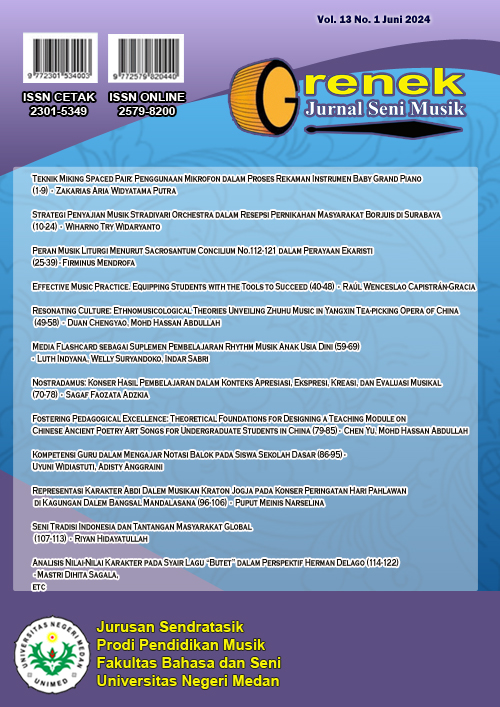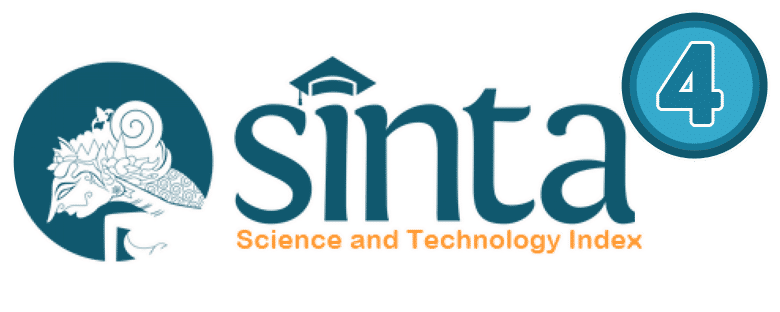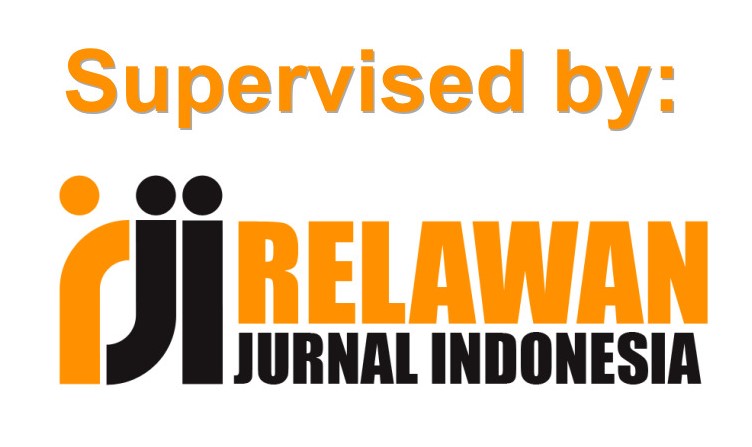Resonating Culture: Ethnomusicological Theories Unveiling Zhuhu Music in Yangxin Tea-picking Opera of China
DOI:
https://doi.org/10.24114/grenek.v13i1.57070Keywords:
Zhuhu Music, Resonating Culture, Ethnomusicology, Yangxin Tea-Picking OperaAbstract
More than a century ago, the enchanting tea-picking songs enjoyed widespread popularity among the residents of Yangxin in China. These songs served as a source of entertainment within the tea plantation quarters. Folk music artists subsequently reworked these melodies, transforming them into short tunes for collective singing and dancing during the Lantern Festival. The integration of Huangmei tea-picking opera with the "lantern opera" further shaped the musical identity of Yangxin tea-picking opera. This research aims to analyze the features of zhuhu music and its contribution to the musical culture of the Yangxin community, with a particular emphasis on analyzing the music's characteristics and its cultural significance. The study will also delve into the evolving status of zhuhu music within contemporary Yangxin society. Employing an ethnographic research design, I combines participant observation and interviews with her own field experiences to provide a comprehensive account of traditional zhuhu performance practices in Yangxin tea-picking opera. Through a musicological analysis of zhuhu's repertoire, the paper uncovers the uniqueness of zhuhu music and traces changes in its traditional form, style, and function, linking these shifts to broader socio-cultural transformations. In approaching the study of this musical performance, I draw upon theories from the field of ethnomusicology. Building on my preliminary investigation of zhuhu music, I shaped the study by considering theoretical insights from various scholars and incorporating my perspectives. The paper will discuss pertinent theories applied to analyze the music of zhuhu as it accompanies Yangxin tea-picking opera. This research not only contributes to ethnomusicological theory and methodology but also deepens our understanding of the musical culture surrounding Yangxin tea-picking opera in China.References
Blacking, J. (1977). Some Problems of Theory and Method in the Study of Musical Change. Yearbook of the International Folk Music Council, 9, 1“26. https://doi.org/10.2307/767289
Chinese Opera Music Integration (Vols Hubei). (1998). National Editorial Committee of Chinese Opera Music Integration, China ISBN Publishing Center.
Liu, C. H. (1998). The Shen Yun of Chinese Music. Fuzhou: Fujian People's Publishing House.
Lomax, A. (1968). Folksong Style and Culture. Washington, D. C.: American Association for the Advancement of Science.
Luo, Q. (2010). On the Poetics of Music Culture: A Research Model of Music Personnel and Culture and Its Analysis.Music Research(06),20-23.
Merriam, A. P. (1964). The Anthropology of Music. Evanston, Ill.: Northwestern University Press.
Nettl, B. (1996). Relating the Present to the Past: Thoughts on the Study of Musical Change and Culture Change in Ethnomusicology. Music & Anthropology, 1, 1“15. http://www.muspe.unibo.it/period/MA/index/number1/nettl1/ne1.htm
Yangxin County Chronicle. (1993). Yangxin County Chronicle Compilation Committee Hubei Province, Xinhua Publishing House.
Y. Y. (2023). Music Change. Journal of Nanjing University of the Arts (Music and Performance), 02, 149“154
Downloads
Published
Issue
Section
License
Copyright (c) 2024 Duan Chengyao, Mohd Hassan Abdullah

This work is licensed under a Creative Commons Attribution-ShareAlike 4.0 International License.
Authors published with the Grenek: Jurnal Seni Musik agree to the following terms:
- Authors retain copyright and grant the journal the right of first publication with the work simultaneously licensed under a Creative Commons Attribution License (CC BY-SA 4.0) that allows others to share the work with an acknowledgment of the work's authorship and initial publication in this journal.
- Authors are able to enter into separate, additional contractual arrangements for the non-exclusive distribution of the journal's published version of the work (e.g., post it to an institutional repository or publish it in a book), with an acknowledgment of its initial publication in this journal.
- Authors are permitted and encouraged to post their work online (e.g., in institutional repositories or on their website) prior to and during the submission process, as it can lead to productive exchanges, as well as earlier and greater citation of published work. (See The Effect of Open Access)








